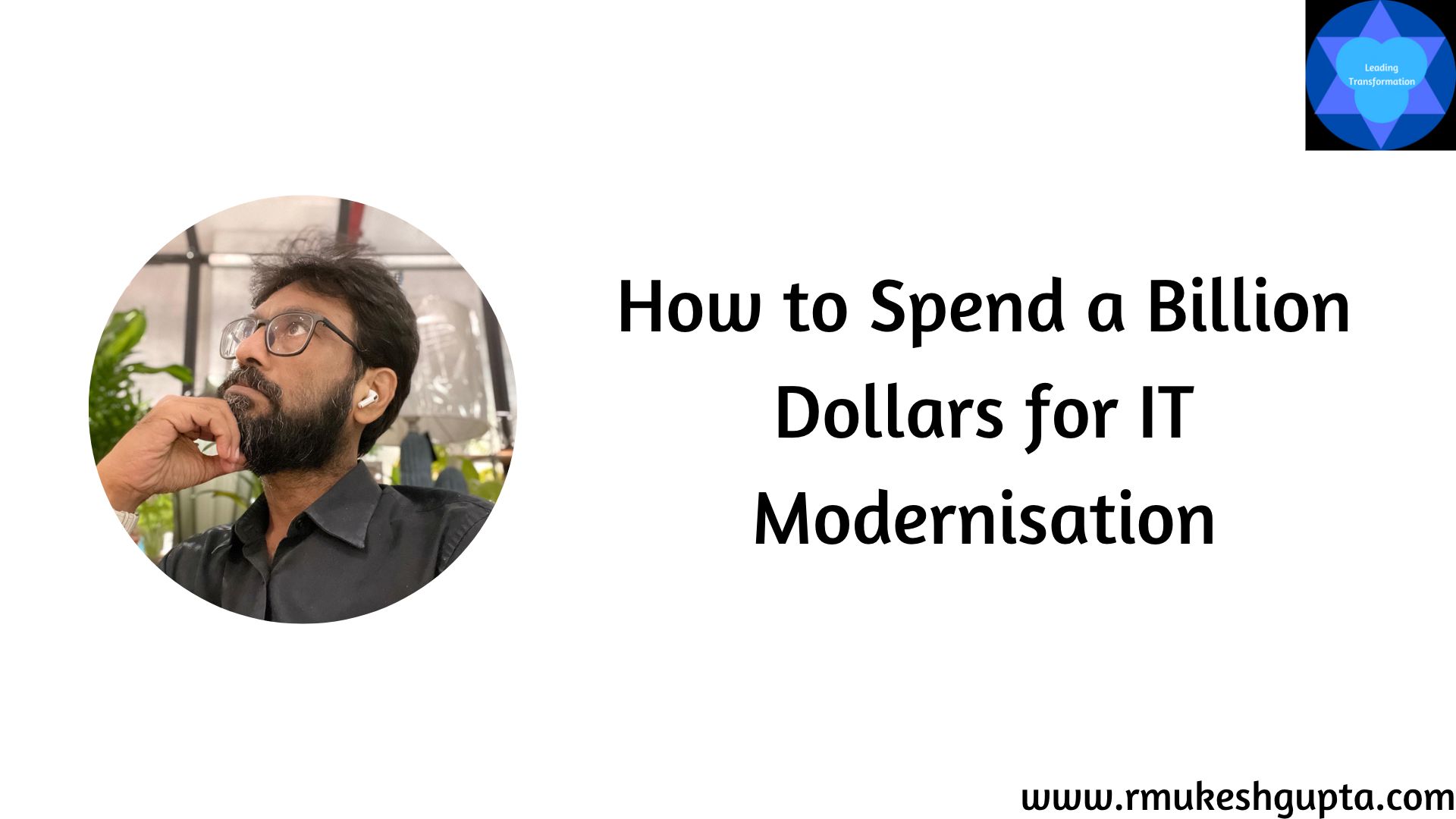 Premise:
Premise:
We are living in a world where there are just too many demands on our attention as entrepreneurs. There is the internal chatter about our people, products, processes, etc. Then there is the external chatter of marketing, networking, selling and to top it all off, there is social media and NEWS (fake or otherwise). Add to this there is a huge movement about increasing productivity. Every other blog (at times, this one included) tries to gives us hacks that can help us increase our productivity. So, in this environment, it is quite natural for us to try to use all our time and attention to maximise our productivity.
However, it is critical that we don’t get sucked into this seemingly logical thing to do.
Importance of Silence:
One of the most important things for us, as entrepreneurs, is our ability to make connections that others miss, see opportunities that others are blind to and be creative. Generating good ideas and connections requires us to look at things from different perspectives, which can happen when we give ourselves some quiet time, to think and reflect. It is this reflection that gives us the ability to connect seemingly unconnected stuff. It is reflection that enables us to bring our best creative self.
Author JK Rowling, biographer Walter Isaacson, and psychiatrist Carl Jung all have a practices for managing the information flow and cultivating periods of deep silence. Cal Newport talks about how he has stayed away from social media and does what he calls Deep Work (You can listen to my podcast with him here) that allows him to be super-productive at what he does.
Recent studies are showing that taking time for silence restores our nervous system, much like deep sleep. Silence is our pathway that allows us to get into contemplative states. It is during this state that we allow our minds to tap into our sub-conscious, creating the opportunity for connections of apparently random stuff, thereby allowing us to be creative.
Cultivating silence, as Hal Gregersen writes in a recent HBR article, “increase[s] your chances of encountering novel ideas and information and discerning weak signals.” When we’re constantly fixated on what to say/write/tweet next, it’s tough to make room for truly different perspectives or radically new ideas.
If you are a typical entrepreneur, you will also find embracing silence to be extremely difficult and irritating. What we need to understand is that cultivating silence isn’t just about getting away from social media or office chatter but it is ow we make time for reflection. When used well, it can also help us become better listener and increase out mindfulness.
We also need to understand the work pressures that we have to deal with and so it is critical that we are intentional in our need to set time for reflections. So, we need to put in place deliberate practices that create opportunities for us to incorporate silence in our incredibly busy schedules.
Here are four practical ideas that can help us:
1. Two Minutes of silence before every meeting:
We can all do really well if we can have at least 2 mins (ideally 5 mins) of silence before any meeting that we attend. We can use this to meditate or even take some deep breaths. We could use this 2 minutes to reflect on what we are trying to achieve from this meeting. We can even think about what kind of mental state do we want to be during this meeting. Imagining how would someone we really admire run this meeting, puts us in the right frame of mind for the meeting. This also makes every meeting that we attend intentional. If we can’t come up with our objective for the meeting, we can start to re-look if that meeting needs to remain on our calendars. This also helps us defeat attention residue. It is now well-known that when we switch from one task to another, there is a short period of time when we are carrying our attention from the previous task into the current task. By taking the 2 mins silence between every meeting, we force ourselves to get rid of this attention residue thereby being fully available for the current meeting.
2. Movement:
A lot of creative people, when asked about their most creative moments talk about moments when they were in motion. For some it is when they are in a shower, for some it is when they are walking or running, For some it is when they are cooking or gardening. Each one of us needs to find out what it is that we could do that provides us the movement and also allows for self-reflection to happen inside of us. We need to schedule this on our calendar as a daily activity. This creates a habit that allows us to reflect on what is happening in our lives, which allows for creativity to emerge.
3. Nature as a companion:
We need not be an outdoor person to go into the lap of mother nature. Once a month nature retreat, where we are all alone, with no distractions, in nature’s lap, is an experience that one needs to have to know its impact. Being immersed in nature can be the easiest option to improving our creative thinking capabilities. Again, this needs to be scheduled and needs to be an activity that we do by ourself. What we could also do, is to take our leadership team into the woods with a clear instruction that each one is expected to contemplate and reflect upon the current reality, struggles and challenges that each one of them is facing. They are not allowed to talk to each other during this afternoon. We could finish the retreat with a social get-together, if it can be arranged in the woods.
4. Go on a media fast
Try turning off all devices for a day every month. This can be pre-scheduled with information about this shared with everyone who needs to know. We can also set up an emergency protocol, in case someone really needs us. Once this is done, we need to turn off all devices for the day. This includes our phone, tablet devices, television sets and anything else that has a screen. Use this day to connect with everyone around us fully and try to enjoy listening to our ambient noise, irrespective of where we live. The place I live, I have birds chirping in the morning and the traffic noise throughout the day. This allows us the opportunity to disconnect from our work and focus on something else. It is during such disconnection that our sub-conscious continues to work on the different things that we are working on. It is during this time that connections are made and creative ideas emerge. We just need to make sure that we have some way for us to capture these ideas without compromising the media fast.
Conclusion:
The world is getting louder. We are getting busier. And the demand for creativity is higher than ever. We can use silence and the ability that it provides us to contemplate/reflect to come up with creative ideas and also help us improve our productivity significantly.



